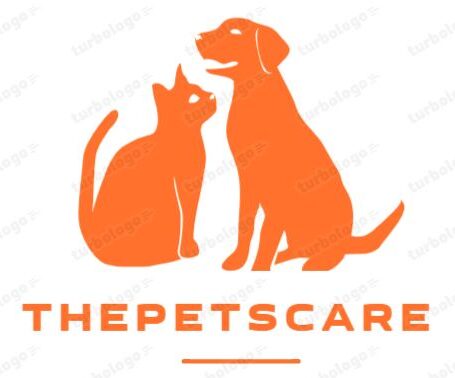The concept of selling exotic animals, such as the rusty spotted wolf, has gained notoriety in recent years, raising concerns about the ethical implications surrounding this practice. The rusty spotted wolf (Canis lupus ferrugineus) is a rare and elusive species native to certain regions of North America. Its captivating appearance and scarcity have made it a sought-after commodity in the illegal wildlife trade. However, the ethical considerations associated with selling such creatures extend far beyond the allure of possession, encompassing conservation, animal welfare, and ecosystem balance.
The Allure of Rarity
The rusty spotted wolf’s striking appearance, characterized by its distinctive rusty-red coat and enigmatic demeanor, has contributed to its desirability among collectors. The scarcity of these wolves, coupled with the fascination that unique species evoke, has led to their prominence in the exotic pet trade. While the allure of owning a rare creature is undeniable, it is essential to recognize the broader consequences of capturing and selling these animals.
Conservation Concerns
One of the most pressing ethical dilemmas surrounding the sale of rusty spotted wolves is the potential impact on their conservation status. These wolves are classified as endangered due to habitat loss, human activity, and climate change. Plucking them from their natural environment to cater to a demand for exotic pets further threatens their survival. The wild populations of these wolves are already fragile, and the removal of even a few individuals can have a cascading effect on the delicate ecosystems they inhabit.
Animal Welfare
Keeping a wild animal like the rusty spotted wolf as a pet raises significant concerns about their welfare and well-being. These creatures have evolved to thrive in specific environments and display complex behaviors shaped by their natural habitats. Confining them to captive settings not only disrupts these behaviors but also leads to various physical and psychological issues, resulting in suffering for the animals. Adequately caring for such animals in captivity is a complex challenge that few individuals can meet.
Ecosystem Disruption
Beyond the direct impacts on the rusty spotted wolves themselves, the illegal pet trade can trigger larger ecosystem disruptions. The presence of these wolves serves vital ecological roles within their ecosystems, helping regulate prey populations and maintaining the delicate balance between predator and prey. The removal of these key players can lead to overpopulation of certain prey species, which in turn may affect vegetation and other wildlife. Such imbalances can have far-reaching consequences for the entire ecosystem.
Legal and Regulatory Concerns
Many countries have enacted laws and regulations to prevent the sale and possession of endangered or protected species. Engaging in the trade of rusty spotted wolves often involves illegal activities that can perpetuate organized crime, corruption, and habitat destruction. Enforcement of these regulations is challenging, and the allure of profits can drive individuals to disregard the ethical and legal implications of their actions.
Promoting Responsible Alternatives
Addressing the issue of rusty spotted wolves for sale requires a multifaceted approach that emphasizes education, conservation, and ethical considerations. Promoting ecotourism, supporting conservation efforts, and advocating for stricter regulations on exotic pet trade are steps in the right direction. Educational campaigns that shed light on the importance of preserving biodiversity and respecting animals’ natural habitats can help shift public perceptions and preferences away from owning exotic pets.
While the appeal of owning a rusty spotted wolf may be strong, the ethical ramifications of participating in the exotic pet trade cannot be overlooked. The endangered status of these wolves, coupled with the negative consequences for animal welfare, ecosystems, and legal standards, demands a more responsible approach. By promoting awareness, advocating for conservation, and respecting the intrinsic value of these creatures in their natural habitats, we can work towards a future where the rusty spotted wolf is admired for its place in the wild, rather than coveted for captivity.

